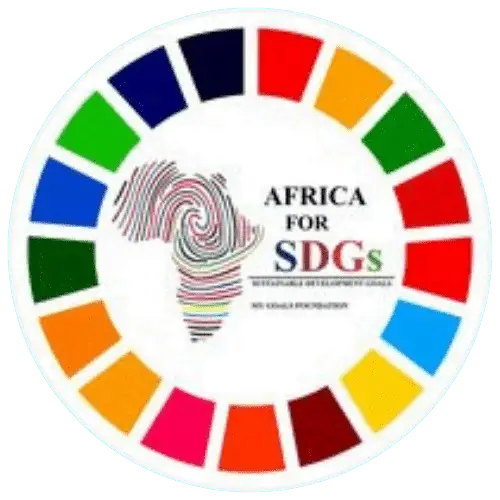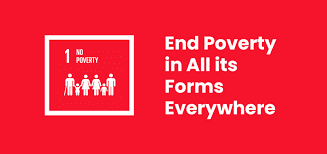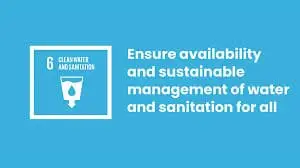The first Sustainable Development Goal (SDG 1) aims to eradicate poverty in all its forms everywhere. Poverty is more than the lack of income or resources; it includes the deprivation of basic human needs such as food, clean water, sanitation, healthcare, and education. SDG 1 calls for a multifaceted approach to eliminate extreme poverty, defined as living on less than $1.90 a day, and to reduce the proportion of people of all ages living in poverty by at least half.
Understanding Poverty Beyond Income
Poverty is a complex issue that encompasses various dimensions, including social, economic, and environmental factors. Addressing poverty requires tackling its root causes and ensuring that everyone, especially the most vulnerable, has access to essential services and opportunities.
Key Targets of SDG 1
- Eradicate Extreme Poverty: By 2030, eradicate extreme poverty for all people everywhere, currently measured as living on less than $1.90 a day.
- Reduce Poverty by Half: By 2030, reduce at least by half the proportion of men, women, and children of all ages living in poverty in all its dimensions according to national definitions.
- Implement Social Protection Systems: Implement nationally appropriate social protection systems and measures for all, including floors, and achieve substantial coverage of the poor and the vulnerable by 2030.
- Equal Rights to Economic Resources: Ensure that all men and women, particularly the poor and vulnerable, have equal rights to economic resources, as well as access to basic services, ownership and control over land and other forms of property, inheritance, natural resources, appropriate new technology, and financial services, including microfinance.
- Build Resilience: Build the resilience of the poor and those in vulnerable situations and reduce their exposure and vulnerability to climate-related extreme events and other economic, social, and environmental shocks and disasters.
Strategies for Achieving SDG 1
- Strengthening Social Protection: Developing and implementing comprehensive social protection systems that provide support throughout people’s lives, from birth to old age, including unemployment benefits, child support, and pensions.
- Promoting Economic Inclusion: Ensuring inclusive economic growth that creates jobs and improves living standards, especially for the poorest and most marginalized communities.
- Investing in Education and Health: Providing access to quality education and healthcare services to empower individuals and communities, breaking the cycle of poverty.
- Enhancing Access to Basic Services: Ensuring access to clean water, sanitation, and affordable energy to improve living conditions and health outcomes.
- Empowering Women and Girls: Promoting gender equality and empowering women and girls, who are disproportionately affected by poverty, to ensure they have equal opportunities and access to resources.
The Importance of SDG 1 in the 2030 Agenda
SDG 1 is foundational to the entire 2030 Agenda for Sustainable Development. Ending poverty in all its forms is essential for achieving other goals related to health, education, economic growth, and environmental sustainability. By addressing poverty, we can create a more equitable and just world where everyone has the opportunity to thrive.




